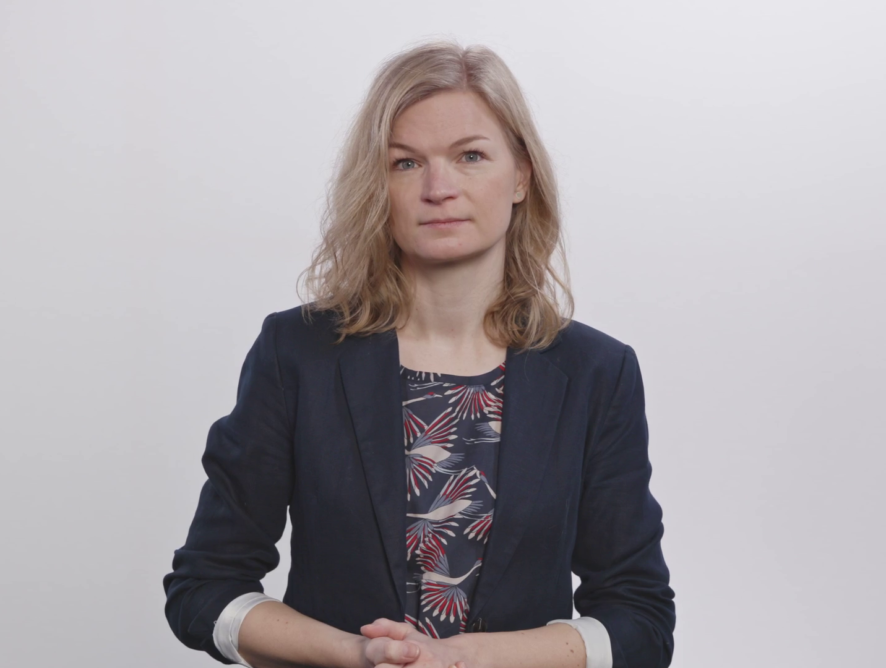A Voice for the People? The First Chinese People’s Political Consultative Conference in 1949
We are excited to present Henrike Rudolph as part of our CeMEAS Conversations.
In this video, Henrike Rudolph discusses her research on the preparation of the first CPPCC (Chinese People’s Political Consultative Conference) in 1949. She critically examines how the Communist Party (CCP) vied for public support and legitimacy from different societal actors all over China. Furthermore, she debates the central role of the CPPCC within the founding myth of the People’s Republic of China.
In this interview she discusses the following questions:
00:05 – 1. In your research you analyze the formation of the first Chinese People’s Political Consultative Conference (CPPCC) in 1949. What is the CPPCC?
01:47 – 2. How did new ideas of popular representation and legitimacy shape society and politics in Republican China (1912 – 1949)?
04:22 – 3. The aim of the first CPPCC was to unify different actors and parties all over China. What were major considerations and strategies to achieve this goal?
07:54 – 4. What kind of role does the CPPCC play in the People’s Republic of China today? How is the memory of the first CPPCC in 1949 and the founding of the PRC kept alive?
12:54 – 5. What are key challenges and ways forward in researching the history of political parties in China?
Since October 2020, Henrike Rudolph is an assistant professor at the Department of East Asian Studies at the University of Göttingen. Trained in Sinology and Political Science, she completed her Ph.D. at Hamburg University and Fudan University, Shanghai, in 2017. Rudolph worked as a postdoctoral fellow at the Chair of Contemporary Chinese Studies at Friedrich-Alexander University in Erlangen-Nuremberg. Before coming to Göttingen, she held an interim professorship at the University of Heidelberg. Rudolph’s research interests lie in the transcultural exchange of knowledge and skills, education thought, as well as net-work approaches to social and political history, with a focus on twentieth-century China. She has taught undergraduate and graduate courses in Sinology as well as Asian and Trans-cultural Studies. In her current project, she explores the development of intersecting academic and political networks of Chinese scientists and experts since the Republican period in their national and international dimensions. It combines the study of archival and contemporary sources with theories and digital tools from the field of historical network analysis.

